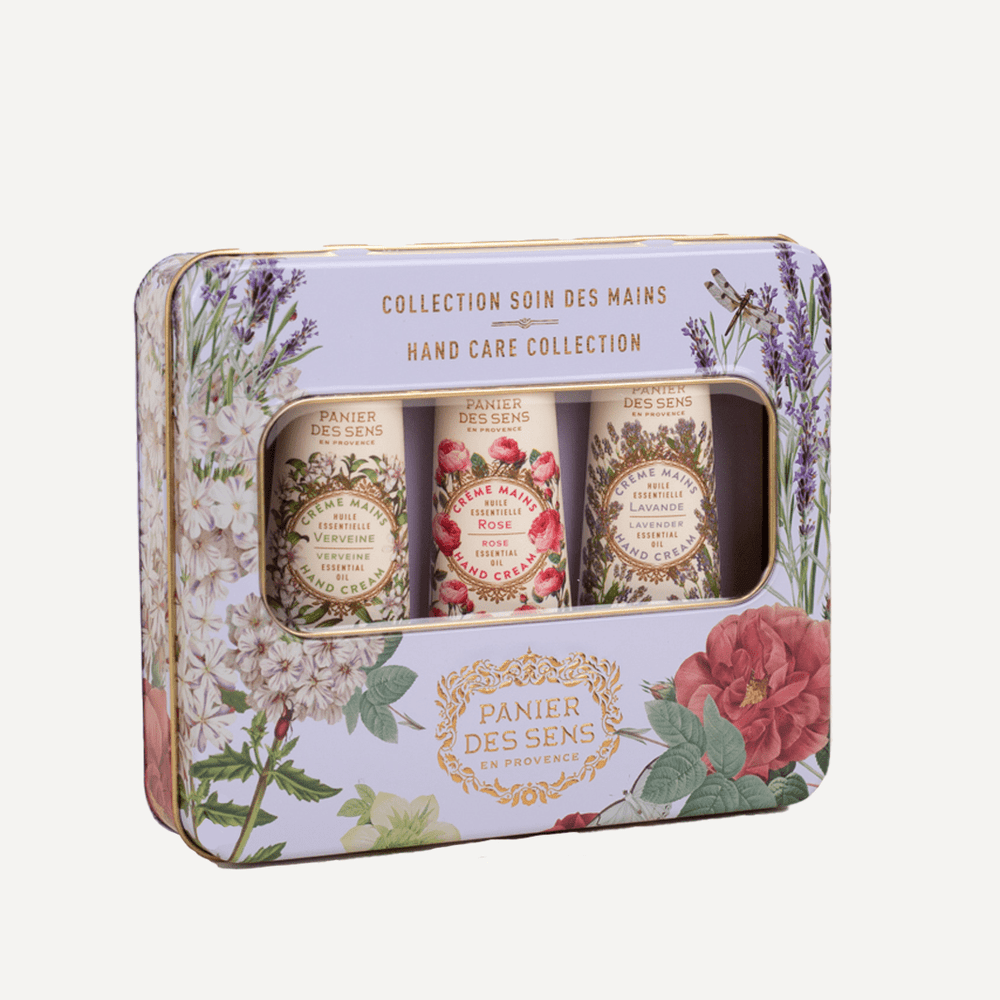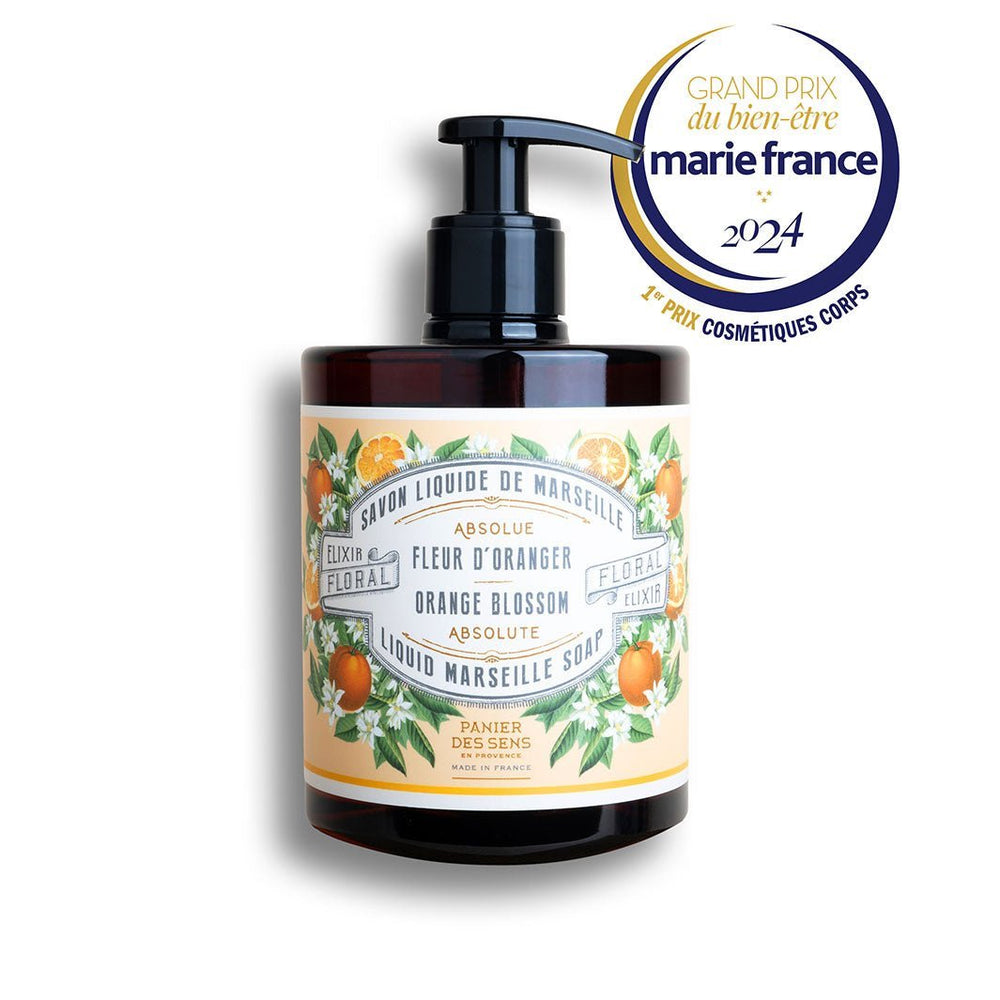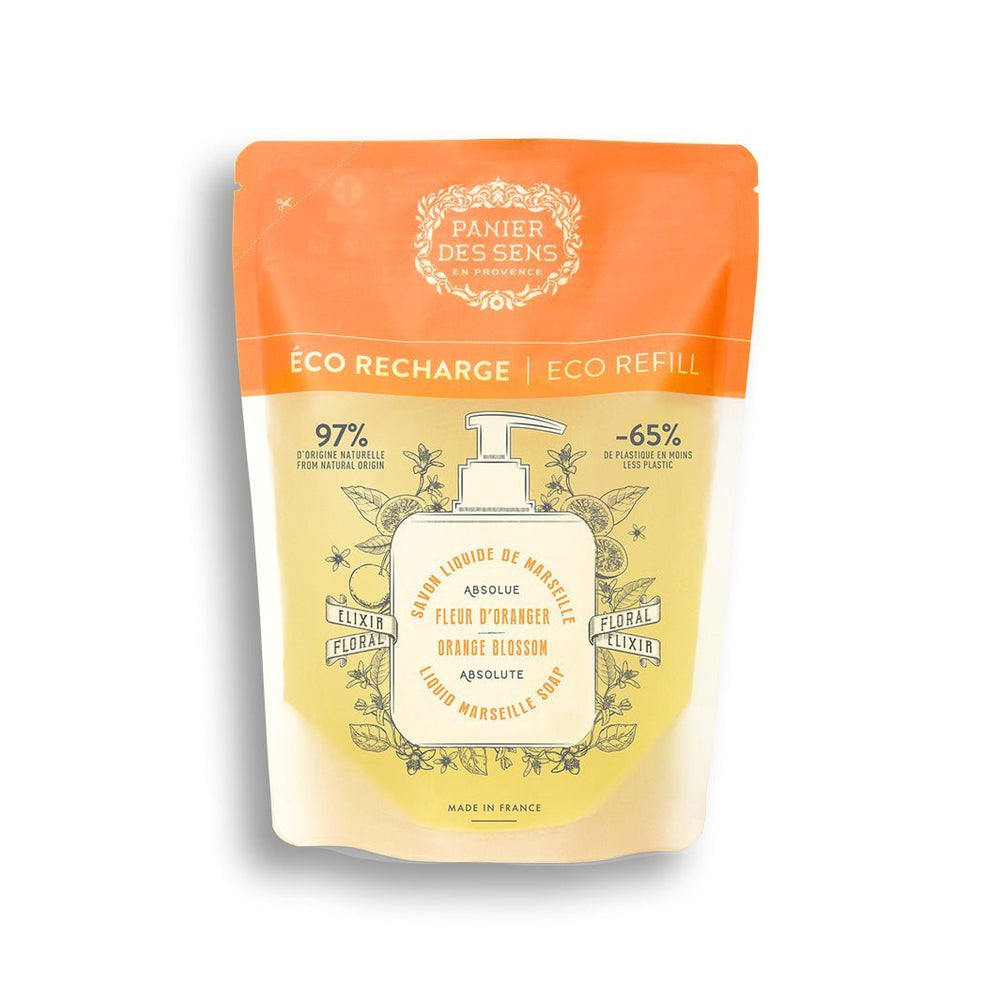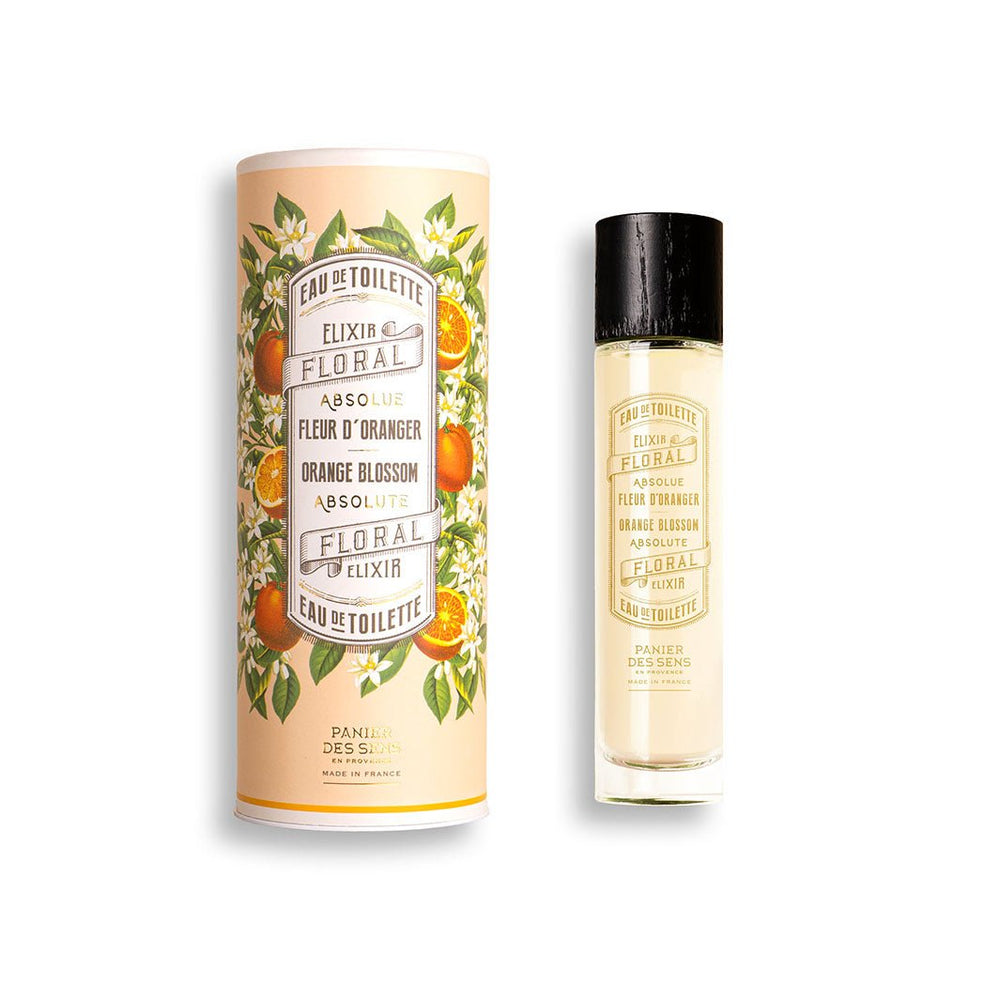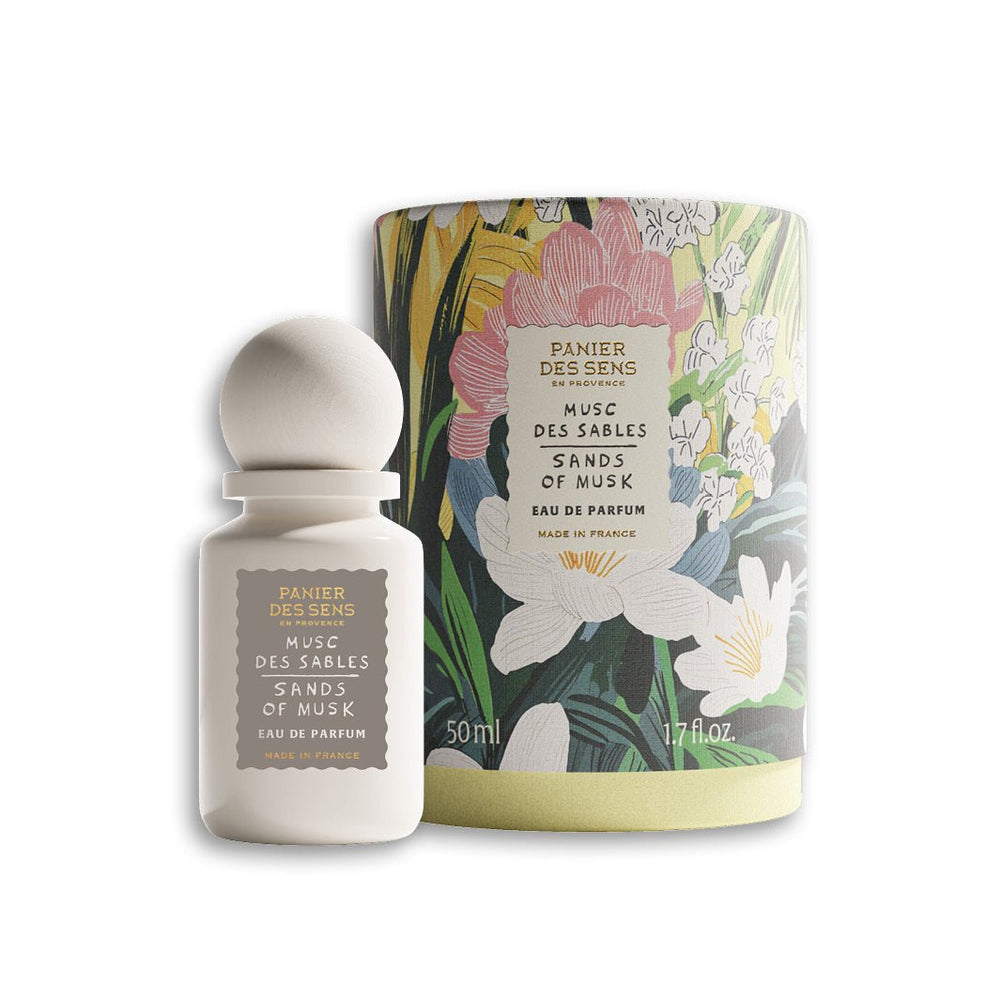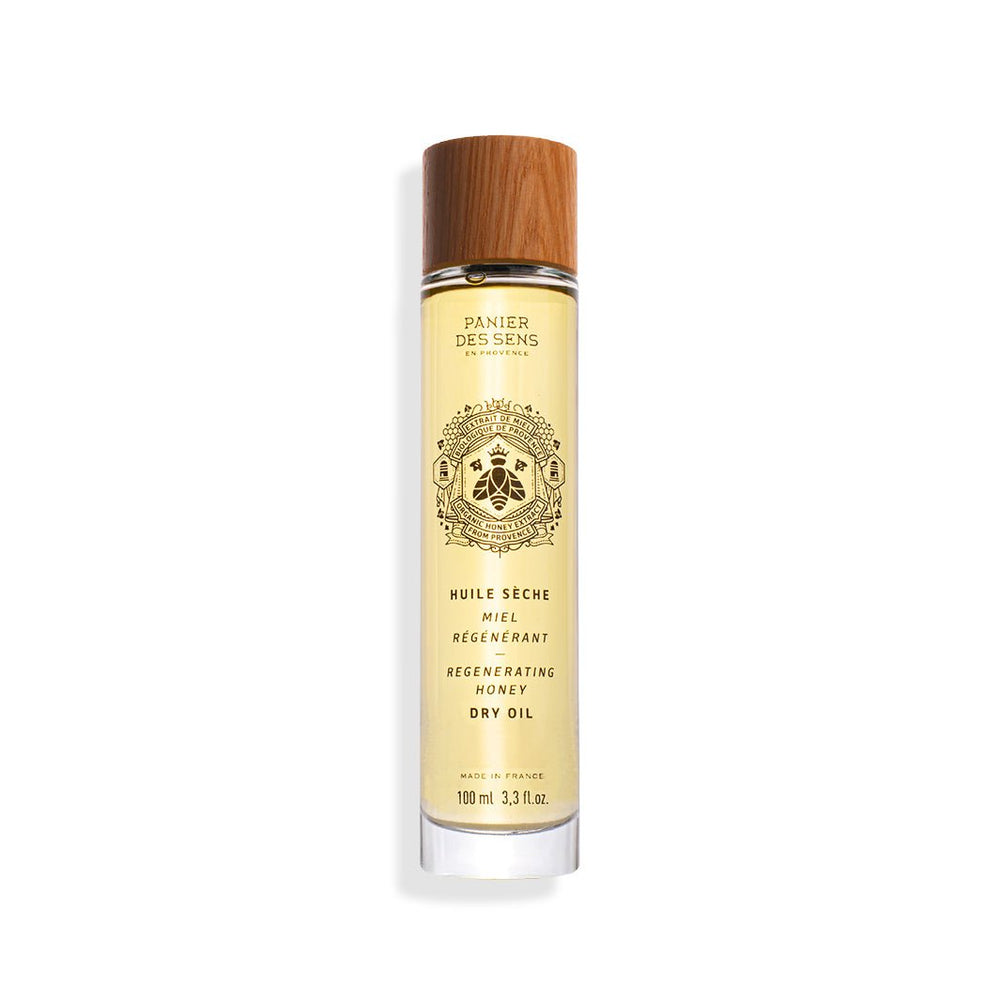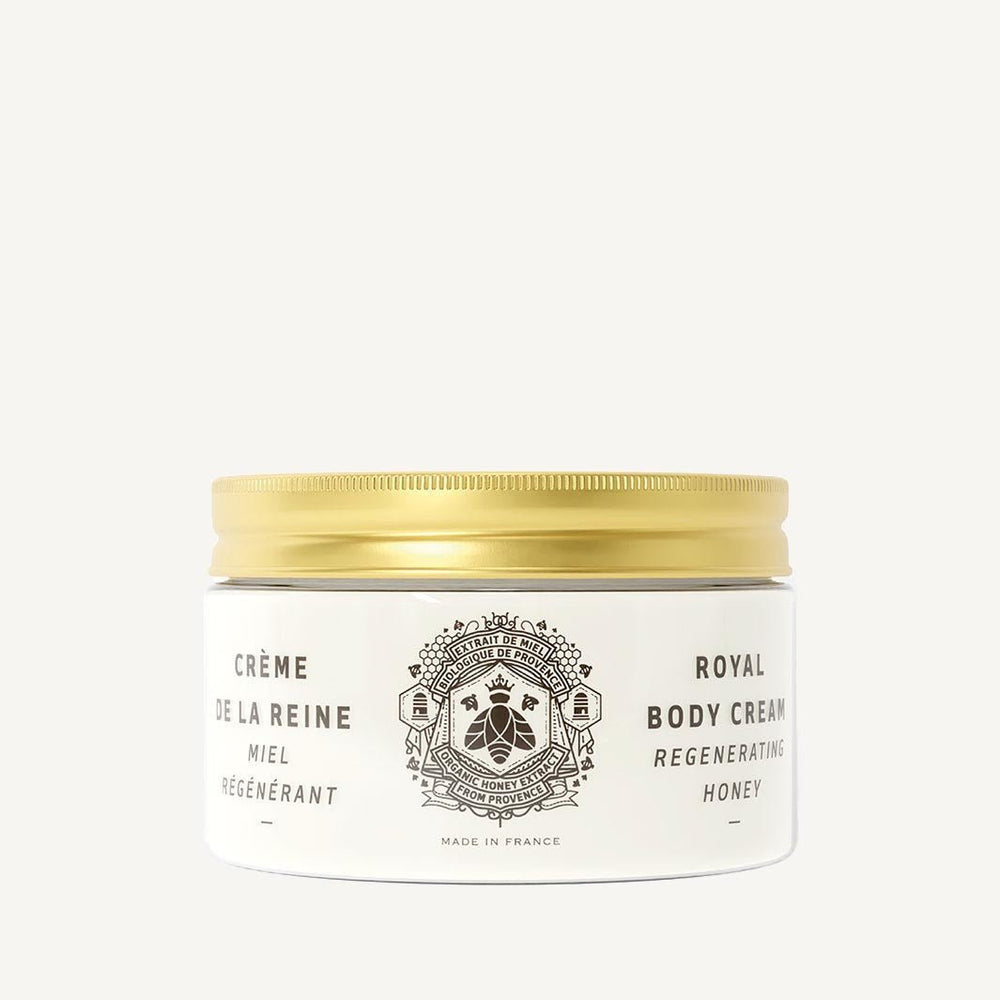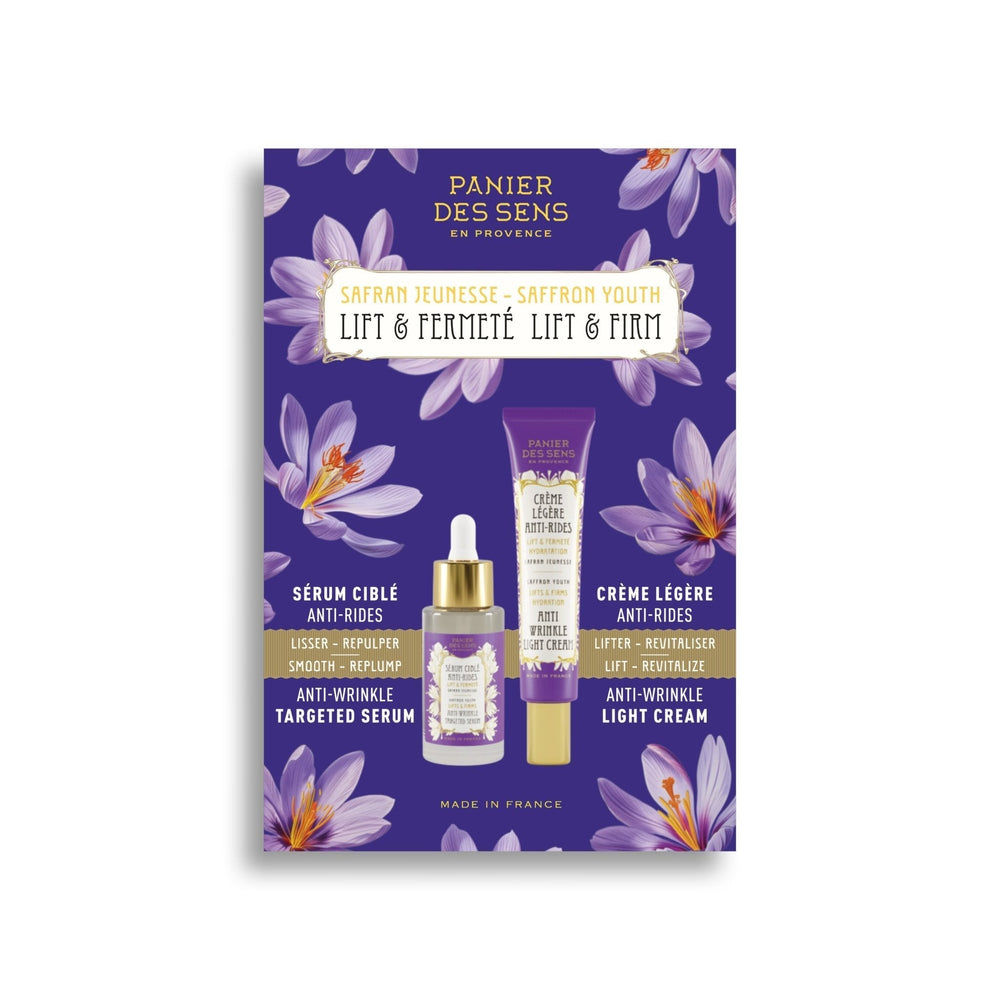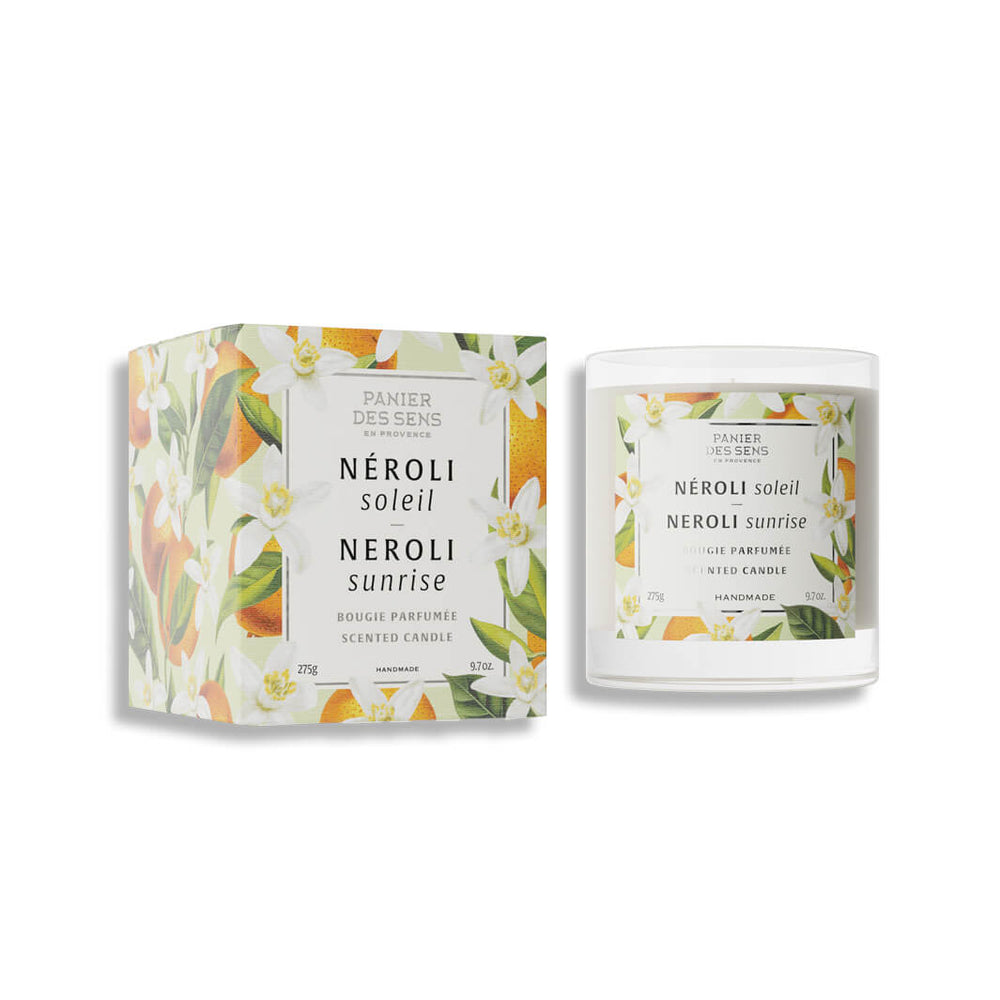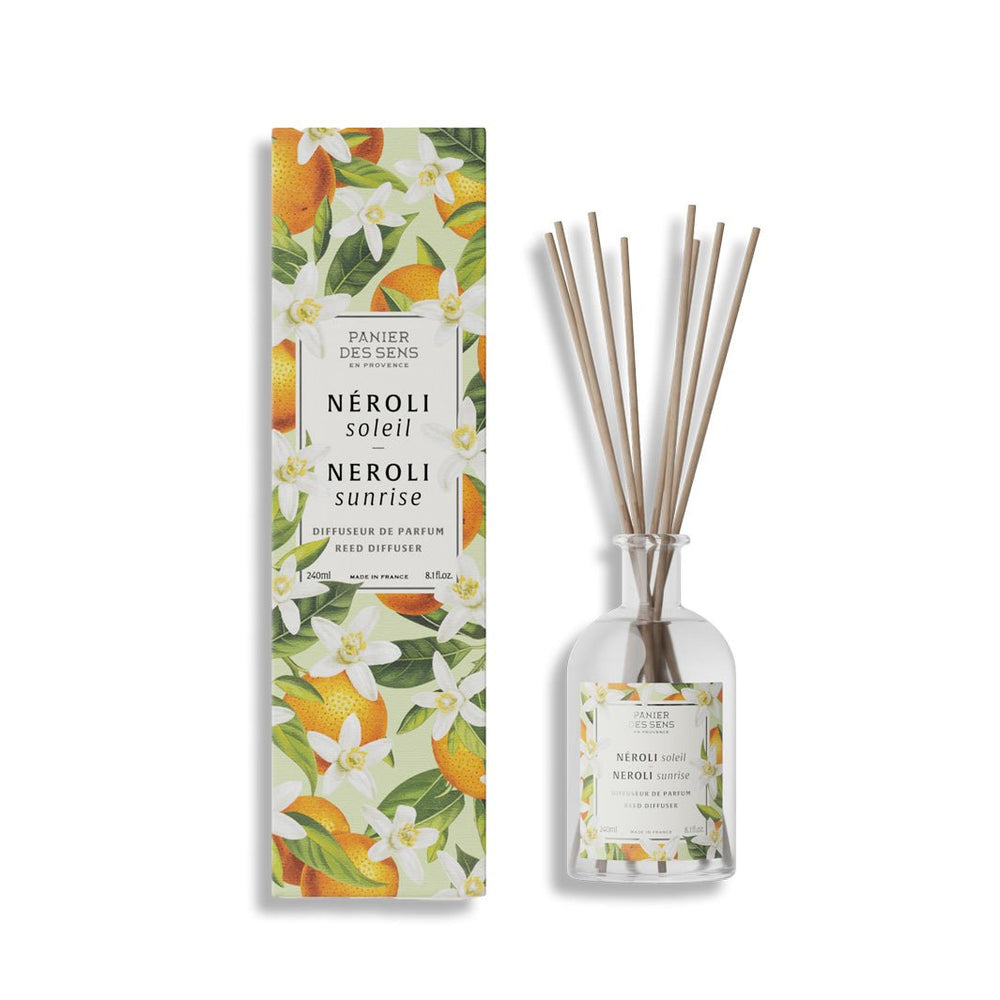Why are some varieties of liquid Marseille soap more expensive than others?
Liquid Marseille soap, with its ancestral origins and distinctive production methods, varies across the price spectrum for reasons that deserve to be clarified. While some varieties are more expensive, this is often a reflection of the superior quality of the ingredients, the complexity of the manufacturing process or the strategic positioning of the brand. First, we'll explore how the composition and quality of ingredients, such as oils and additives, can influence cost.
Continuing our analysis, we will highlight how manufacturing processes and authenticity, including traditional techniques versus industrialization and the acquisition of labels, also impact the final price. Finally, we will examine the determining economic and commercial factors, such as marketing and production costs, which justify why certain varieties of liquid Marseille soap are adapted to different uses and command higher prices. Each element of this triptych contributes to the value perception and choices of informed consumers.

Economic and commercial factors
Brand positioning and marketing
In the waltz of labels that characterizes the liquid Marseille soap market, brand positioning is a key factor influencing price. A brand that positions itself as high-end doesn't just sell a product, but a luxurious experience. The story it weaves around its soaps, the visual identity it carefully cultivates and the marketing strategies it deploys all contribute to creating a desirable aura. This often involves sophisticated advertising campaigns, refined packaging and targeted communication to a selective clientele.
Production and distribution costs
The intrinsic costs associated with production and distribution are also essential factors in determining the final price of a liquid Marseille soap. Careful selection of raw materials, meticulous manufacturing processes respecting ecological standards, or hiring skilled craftsmen to make these elegant bottles have a direct impact on costs. Similarly, opting for selective distribution channels or offering impeccable customer service can increase the perceived value of the product while justifying a higher price.
This economic deciphering reveals that behind every bottle lies a well-thought-out commercial strategy. So, when you choose a more expensive liquid Marseille soap, you're investing in both the intrinsic quality of the product and the exclusivity and know-how it represents.
Manufacturing processes and authenticity
Tradition vs. industrialization
The battle between traditional methods and modern industrialization is shaping the market for liquid Marseille soap. Historic soap factories, such as Marius Fabre and Le Sérail, perpetuate a heritage using age-old techniques that give soap a rare authenticity. Hot saponification, performed in large cauldrons, is a meticulous process handed down from master soap-maker to apprentice. This ancestral know-how requires patience and precision, as each step in the long manufacturing circuit contributes to the uniqueness of the finished product.
However, these artisanal practices are gradually giving way to faster, less costly industrial methods. Modern installations now enable continuous production, drastically reducing the time needed to obtain soap paste ready for molding. These technological advances promote uniformity of quality, while minimizing energy losses and the environmental impact of the toxic solvents used to extract oil from olive pomace.
The balance between respecting tradition and adopting an efficient industrial approach is therefore crucial for brands wishing to offer an authentic product while remaining competitive in today's market.
Labels and certifications
Labels and certifications are essential proof of a brand's commitment to quality in the manufacture of liquid Marseille soap. They assure consumers that the product they buy complies with certain strict environmental or quality standards. For example, a label such as "Ecocert" guarantees that the soap has been manufactured using rigorous ecological processes and certified organic ingredients.
However, obtaining a label is not without consequences for the final price of the product. Regular audits, meticulous traceability of components and sustainable farming practices generate additional costs for companies. That said, these steps attest to a deep-seated commitment to excellence that can be felt in every bottle sold. So, when you opt for a soap proudly bearing its ecological or artisanal label, you're not only choosing a respectful product, but also one with recognized know-how.
Economic and commercial factors
Brand positioning and marketing
In the competitive world of liquid Marseille soaps, brand positioning is a major strategic lever. It's not just a question of offering a cleaning product, but rather of conveying a story, an identity, even an art of living. The most prestigious brands spare no expense to imbue their products with a singular essence that transcends their primary function. This inevitably involves captivating advertising campaigns, sleek packaging designs and spellbinding storytelling that appeal to a refined clientele. This meticulous work on brand image not only has an impact on the price of the soap, but also secures its place in the sphere of high-end products.
Production and distribution costs
The path taken by liquid Marseille soap from the rigorous selection of raw materials to its arrival in our homes is punctuated by costly stages which fully justify its price positioning. Traditional or environmentally-friendly processes often involve higher costs than standardized industrial methods. What's more, enlisting the services of skilled craftsmen to preserve unique know-how also comes at a price. Distribution is no exception; choosing exclusive channels or offering an irreproachable customer experience are all aspects that enrich the perceived value of the product while influencing its final cost. So, behind the price tag lie not only the excellence and uniqueness of the soap itself, but also the ethics and passion that drive those who create it.


